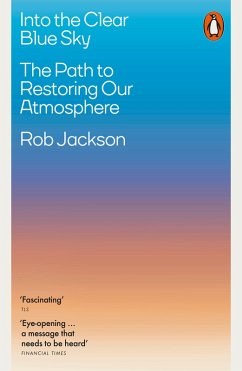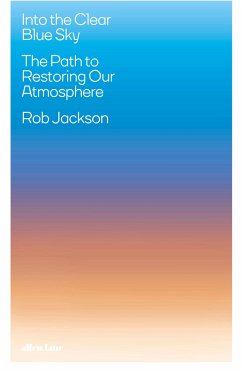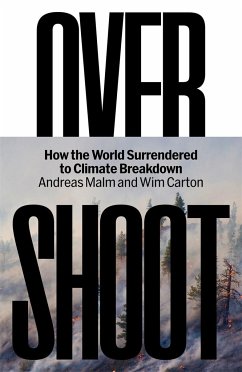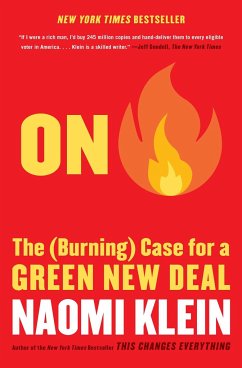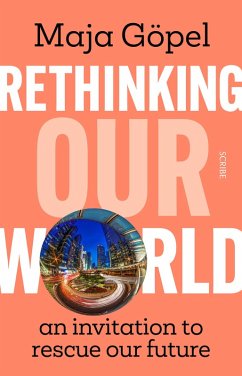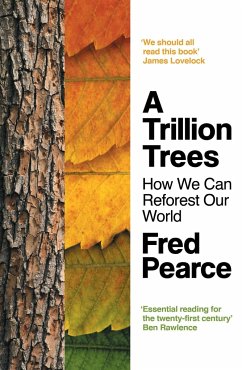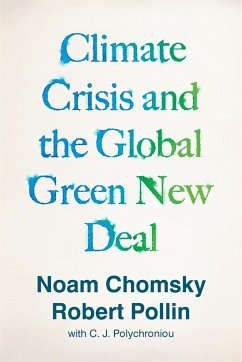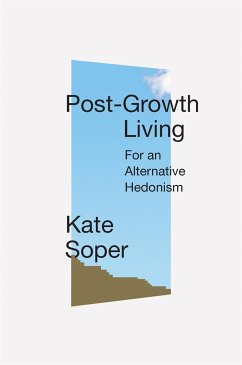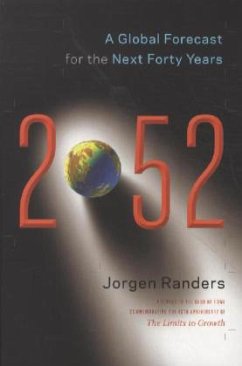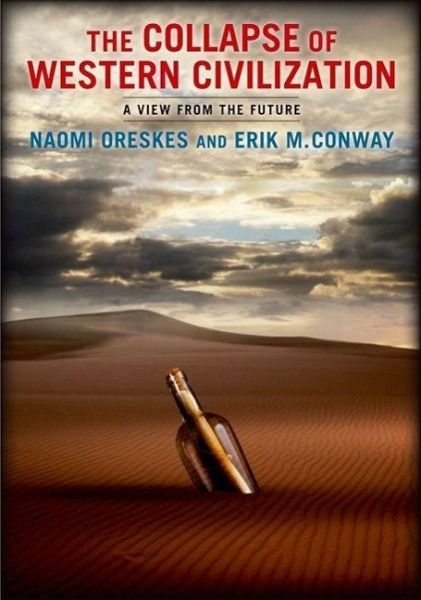
Collapse of Western Civilization
A View from the Future
Versandkostenfrei!
Versandfertig in ca. 2 Wochen
9,99 €
inkl. MwSt.

PAYBACK Punkte
5 °P sammeln!
The year is 2393, and a senior scholar of the Second People's Republic of China presents a gripping and deeply disturbing account of how the children of the Enlightenment, the political and economic elites of the so-called advanced industrial societies, entered into a Penumbral period in the early decades of the twenty-first century, a time when sound science and rational discourse about global change were prohibited and clear warnings of climate catastrophe were ignored. What ensues when soaring temperatures, rising sea levels, drought, and mass migrations disrupt the global governmental and ...
The year is 2393, and a senior scholar of the Second People's Republic of China presents a gripping and deeply disturbing account of how the children of the Enlightenment, the political and economic elites of the so-called advanced industrial societies, entered into a Penumbral period in the early decades of the twenty-first century, a time when sound science and rational discourse about global change were prohibited and clear warnings of climate catastrophe were ignored. What ensues when soaring temperatures, rising sea levels, drought, and mass migrations disrupt the global governmental and economic regimes? The Great Collapse of 2093. Based on sound scholarship yet unafraid to tilt at sacred cows in both science and policy, this book provides a welcome moment of clarity amid the cacophony of climate change literature. It includes a lexicon of historical and scientific terms that enriches the narrative and an interview with the authors.




